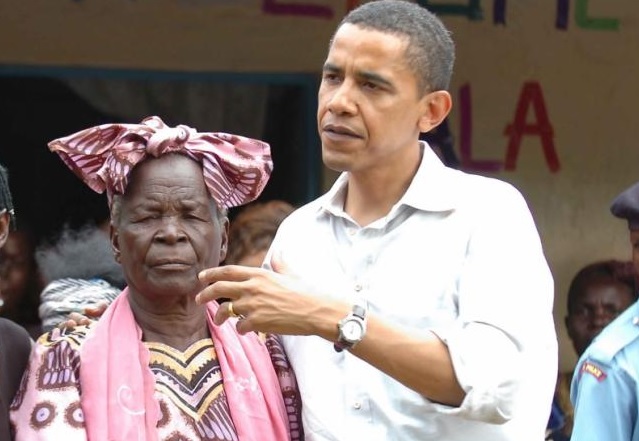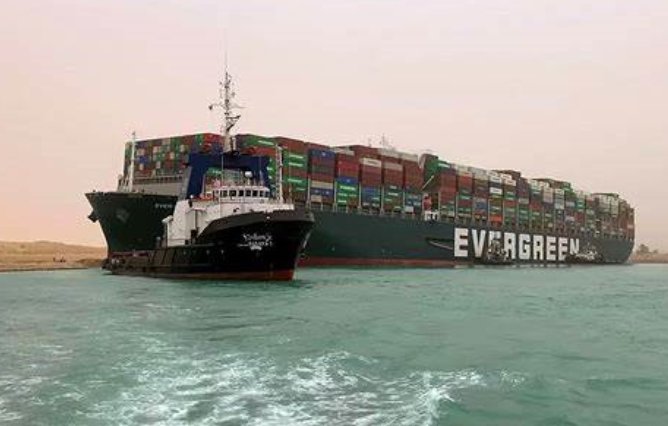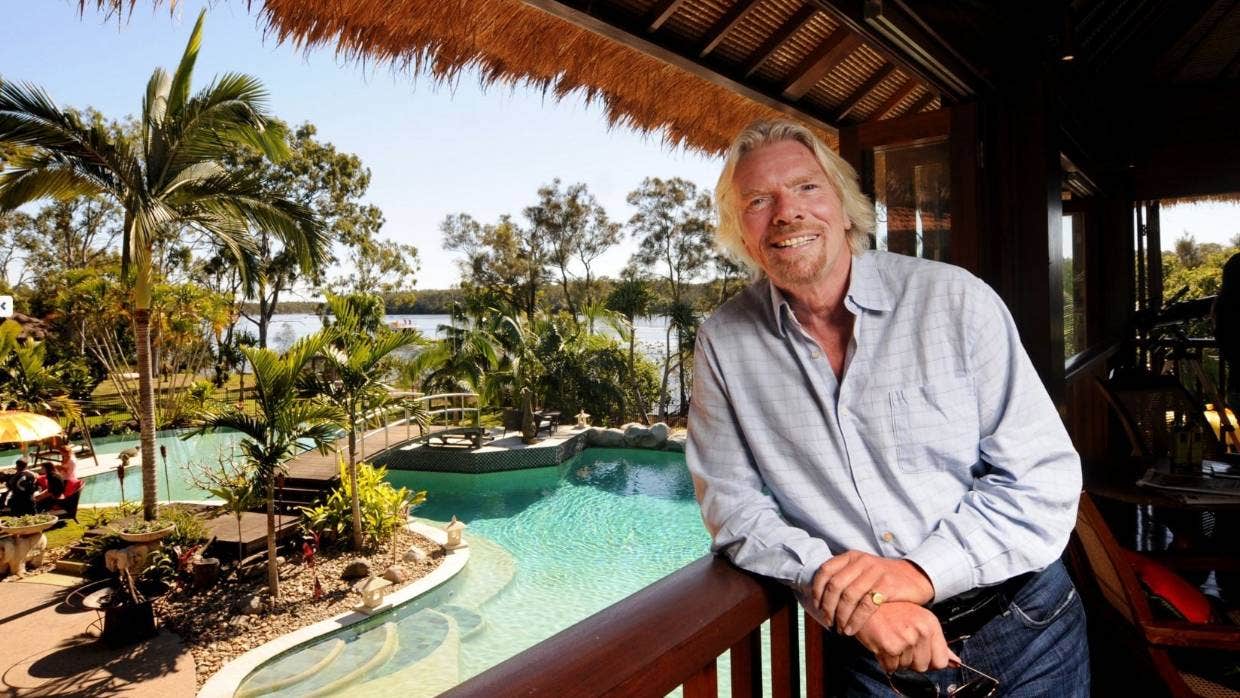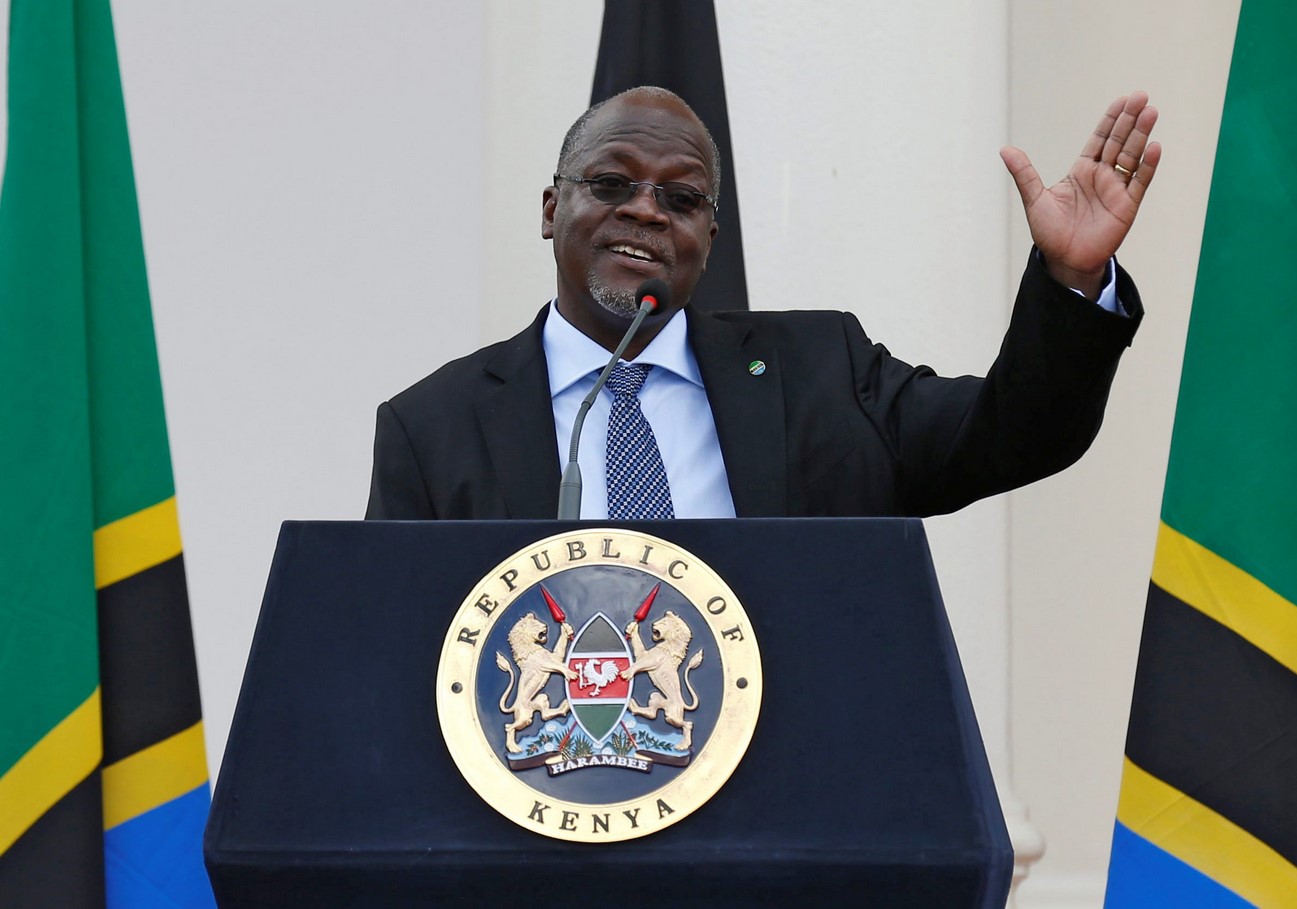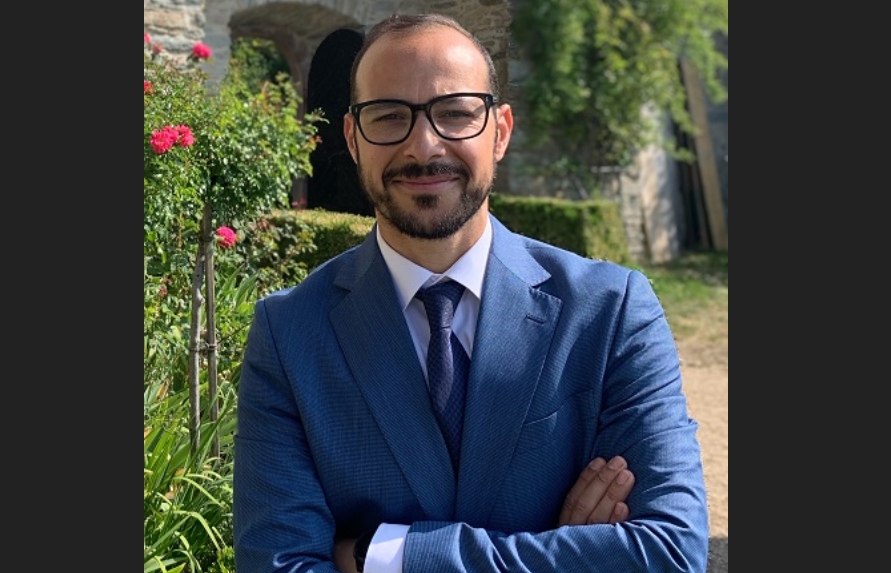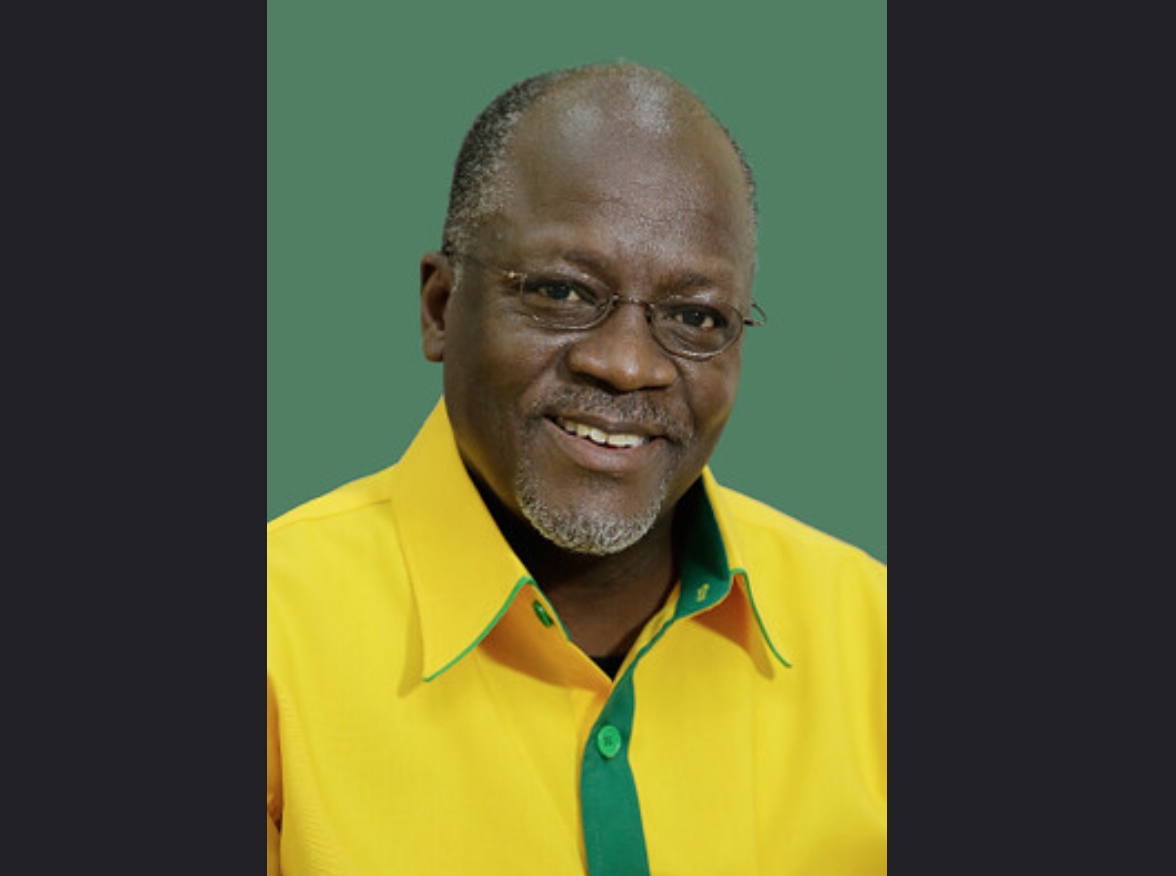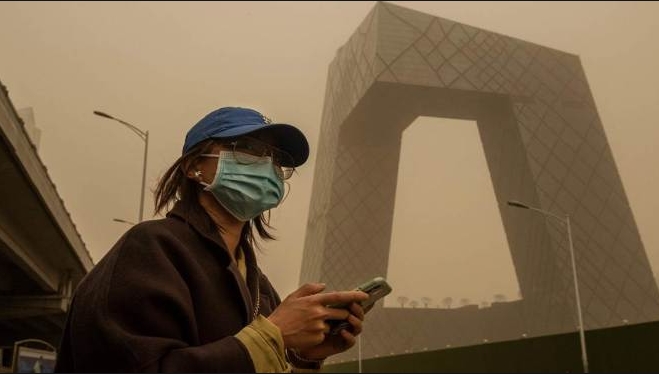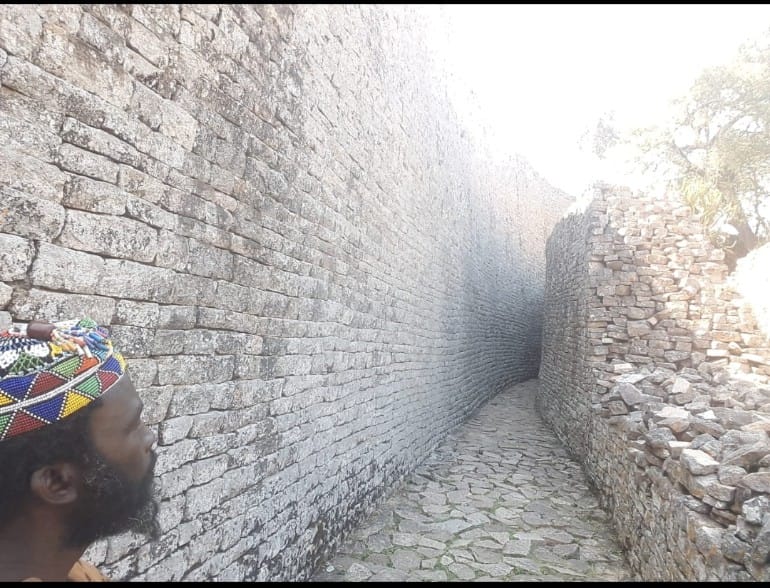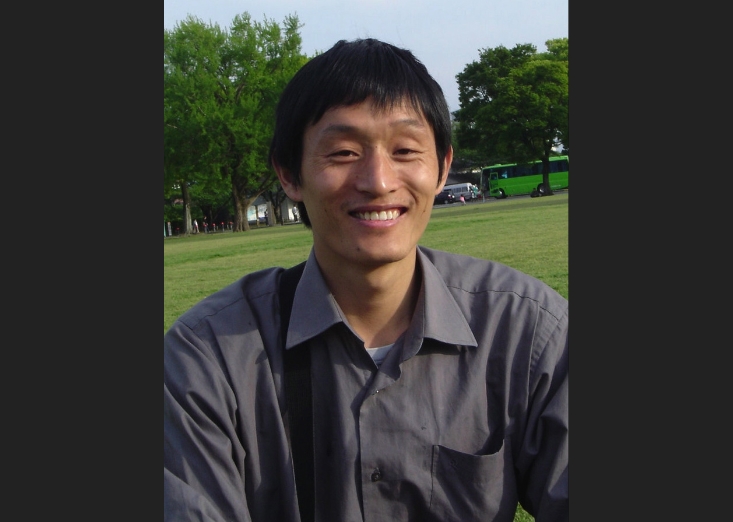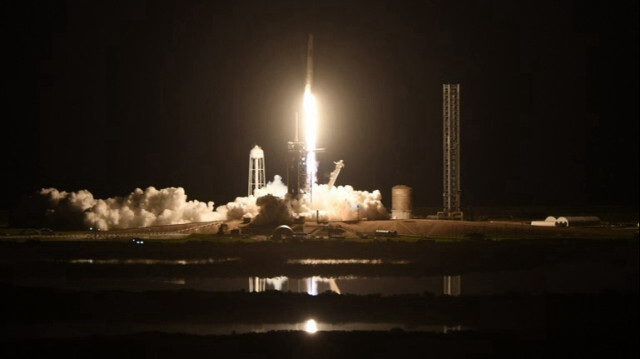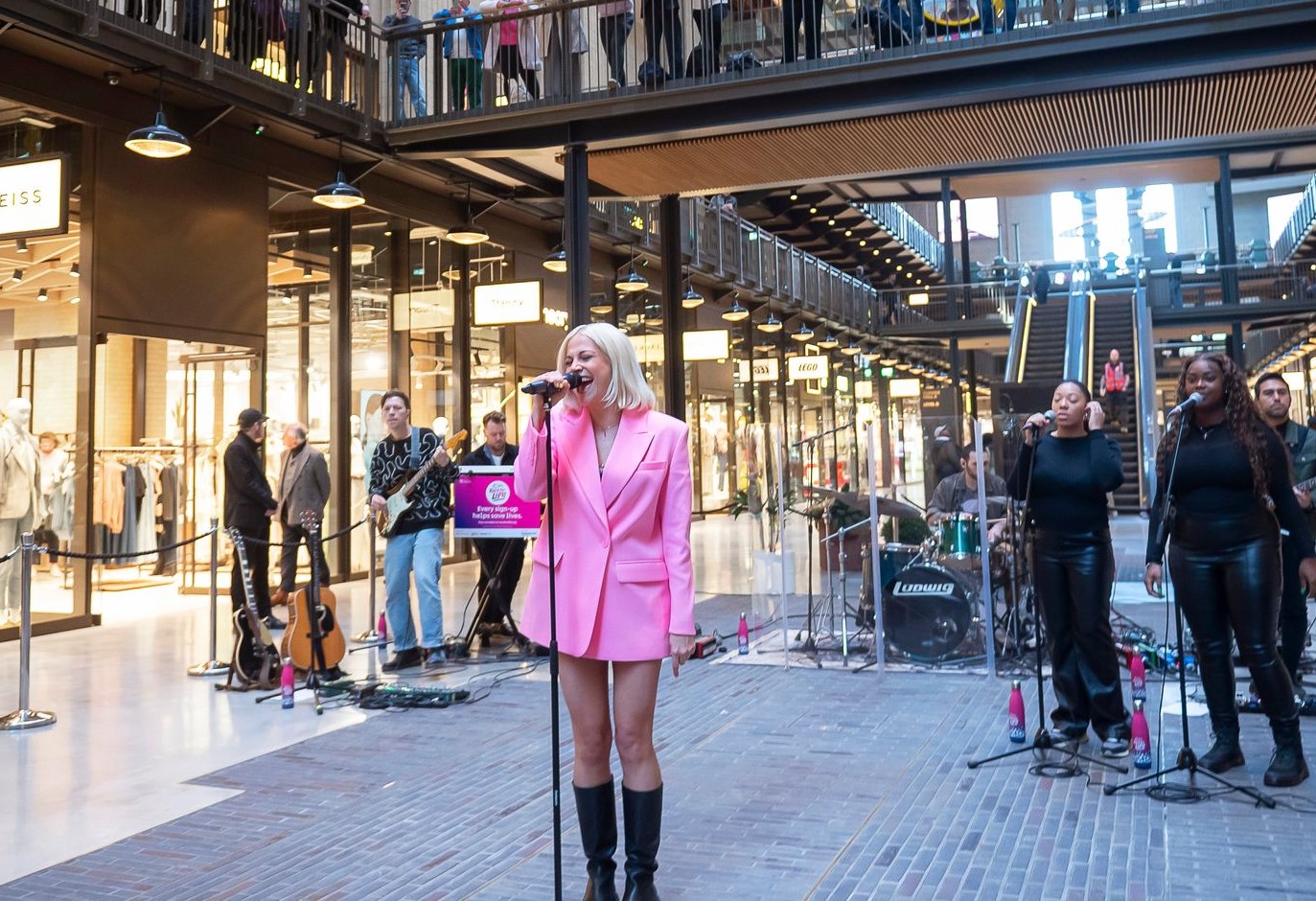Company projects 5,500 jobs, US$1.5 billion in earnings over the next 10 years
Jamaica is well on its way to operating the first and only dedicated bamboo market pulp mill in the Western Hemisphere.
Bamboo Bioproducts Ltd (BBP) is advancing its investment in local bamboo with plans to build on lands in Frome, Westmoreland, and will focus on pulp for paper production. The company projects to spend approximately US$300 million to establish the project with an estimated return on investment of 22 per cent with conservative projections of US$1.5 billion in revenue during the first 10 years.
In addition, BBP anticipates that 500 jobs will be created directly within the facility and up to 5,000 jobs indirectly. Currently, Asian manufacturers are the primary producers in the US$24-billion global bamboo market which fuels a variety of industries including paper manufacturing, agriculture, health and wellness, construction, textiles, and furniture, among others.
Jamaica’s proximity to western markets, as well as its deep history in sugar cane production (which has strong similarities to growing bamboo) means that BBP’s Frome facility offers game-changing national economic development opportunities. In emphasising the importance of this project to Jamaica’s economy, Prime Minister Andrew Holness said investments like these, anchored on a sustainable environmental and economic model could lead to a rethink of how we might achieve our development.
“This is an example of what is needed to help drive growth in our economy. The use of bamboo and its by-products has the capacity to be a catalyst in building a new sustainable industry by utilising the value that Jamaica can provide with arable lands, availability of skilled and semi-skilled labour as well as our ideal geographic location for logistics,” said Holness recently.
“I applaud and welcome this group for responding, through this initiative, to the Government’s continued call for the take-up of former sugar lands for the planting of alternative and more economically viable crops,” added Holness. The pulp will be sold to multi-national corporations partnering with BBP to fulfil the growing market demand for sustainable ‘non-wood pulp fibre’ of globally recognised brands of consumer tissue and personal hygiene products.
In order to meet its obligations, the Frome mill will have the capacity to process in excess of 250,000 metric tonnes of bamboo pulp annually. The manufacturing process will feature state-of-the-art machinery from one of the world’s leading technology suppliers. It will produce a sustainable product efficiently, whilst simultaneously meeting world-class environmental standards.
The project’s execution team includes international pulp and paper experts, as well as lead fund-raiser/equity partner Delta Capital Partners Ltd, headed by Co-founder and Executive Chairman Zachary Harding. According to Harding, Delta Capital Partners and Stocks and
Securities Ltd are actively progressing with the capital raise.
“This is, by far, one of the most significant projects to be undertaken in Jamaica in recent decades. Bamboo pulp as an outright export product will generate significant returns in hard currency.
“It checks all the boxes including several sustainable development goals and the mill will be eco-friendly using a mix of clean and renewable energy sources. Additionally, market demand is considerably higher than what we will be supplying when fully operational, so we have an excellent opportunity for long term expansion. Most importantly, we will create thousands of jobs, both directly and indirectly,” said Harding.
British High Commissioner to Jamaica Asif Ahmad, who has been an avid supporter of this venture from its earliest inception, stated it is great to see the progress made so far. “This is a clear example of what can be achieved here when committed partners from Britain, Europe and Jamaica put in a combined effort to invest in an export-focused project,” said Ahmad.
The bamboo will be farmed on a large scale in Westmoreland as well as smaller farms across the island of Jamaica to satisfy the mill’s annual demand for more than one million tonnes of green Vulgaris bamboo. This is expected to help transition of idle sugar cane lands to bamboo cultivation. BBP is working closely with Sugar Company of Jamaica (SCJ) Holdings Limited to finalise the necessary lands and is also in talks with private landowners to supplement its land demand.
“This project has the full support of the Government of Jamaica and the provision of land, for the siting of the mill and the cultivation of bamboo, is a priority project for SCJ Holdings Limited, as it will enhance the country’s foreign exchange earnings and provide a lifeline for the thousands of persons who have suffered from the decline of the sugar industry,” said Joseph Shoucair, managing director at SCJ Holdings Limited.
JAMPRO, who is the lead facilitator for the project has been working closely with the relevant Government agencies to ensure a smooth investment and execution process and president of the agency, Diane Edwards, said the bamboo project embodies all the characteristics of a well-planned, public-private sector project.
“It will go a long way in helping to move the economy forward, getting us closer to hitting our projected foreign direct investment targets. It has our full support,” she said.







